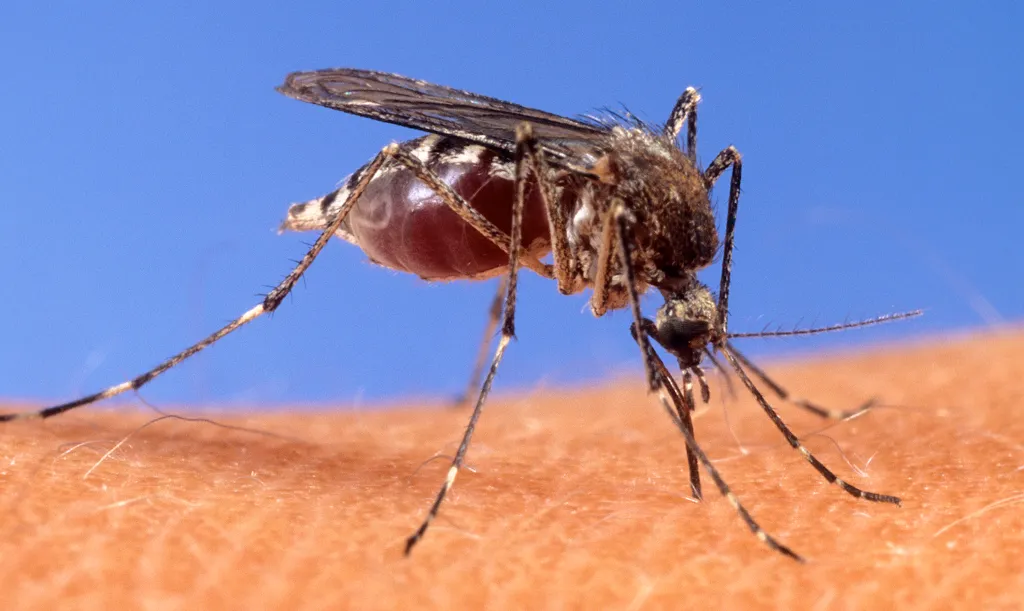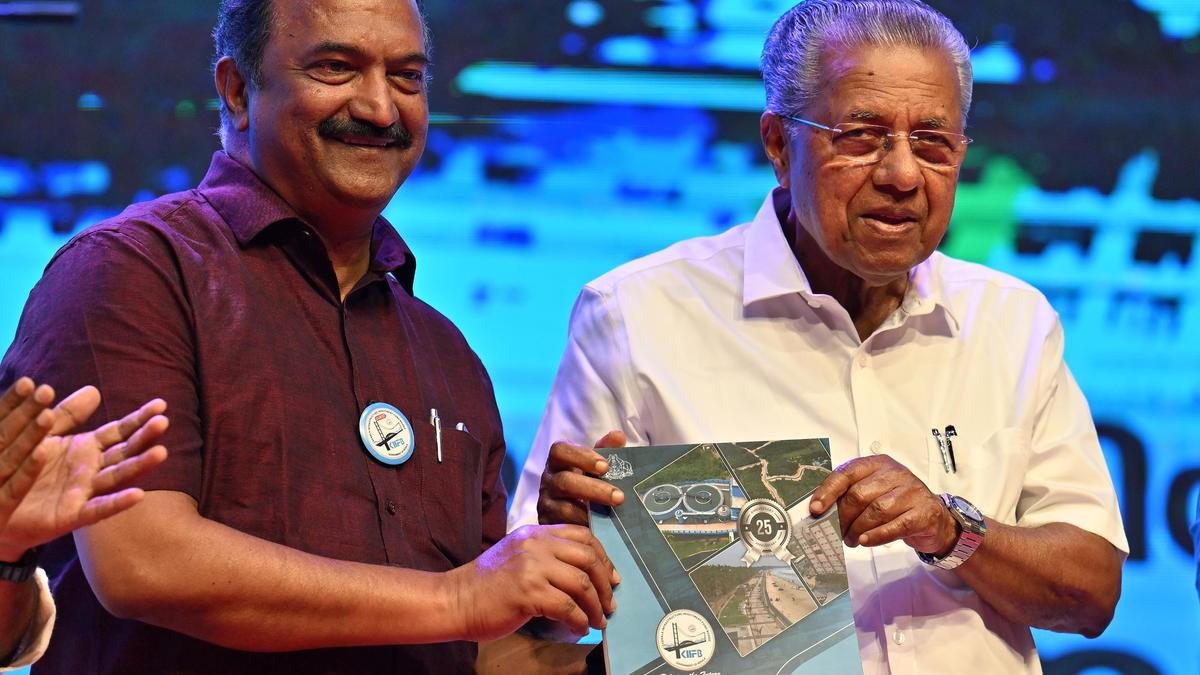Copyright Chicago Tribune

While the Southlake Mosquito Abatement District — the last of its kind in Lake County — has been dissolved, it’s all but certain that it will be consolidated with a similar neighboring Cook County district, despite resistance from Lake County leadership. The Southlake District board voted Monday to dissolve the district and begin the first steps toward annexation into the North Shore Mosquito Abatement District to the south. According to North Shore District Director Mark Clifton, the board will vote on annexation on Thursday evening. Southlake District trustee Kim Stone said without mosquito abatement districts, municipalities would simply contract for chemical sprays, the “least effective and most expensive approach,” rather than be “proactive.” Mosquito control requires “specialized expertise” and funding, Stone said, two things the municipalities in the district lack. She also pointed out that unincorporated areas will lose services if the district is not annexed. The consolidation is a “commitment to continuing abatement services,” Stone said, which would slightly reduce the tax levy for Lake County residents, benefit from an economy of scale, and eliminate a local unit of government. The approved intergovernmental agreement requires that Lake County have a seat on the board of the newly merged agency, an approach “favored” by the Southlake District’s municipalities, she said. While Stone has been a proponent of the merger, she initially called for the district’s dissolution several months prior in a letter to the County Board, which was part of the basis for the county to audit the district and move towards its dissolution. In the letter, she criticized the district for being “largely unknown” and “unaccountable” to the public, with no professional staff and poor management. The district also has no staff, utilizing only contractors, she said. According to a summary document of the audit, the Southlake District had more than $1.2 million in cash and certificates of deposits with the First Bank of Highland Park. In a five-month period, operating expenditures included more than $300,000 to Clarke Environmental for mosquito abatement. According to Stone, the district’s funds will be transferred to the North Shore District and will help cover costs for equipment to cover the expanded district’s new territory. Stone’s stance shifted after all member municipalities in the Southlake District voiced their concerns about the move. After speaking with local leaders and touring North Shore District facilities, she said she saw the need for some form of regional mosquito control. Clifton said North Shore District officials view the dissolution and annexation as a “tremendous win” for residents, and look forward to serving the Lake County communities. “This consolidation will increase efficiency, reduce a unit of government, and lower taxes for residents of both Lake and Cook counties — all while strengthening public health throughout the region,” Clifton said. Lake County Board Chair Sandy Hart was a vocal proponent of the dissolution. While she acknowledged the annexation is likely to move forward, she is critical of the move. Mosquito abatement districts are “out-of-date” government bodies with “little oversight,” she said. Illinois is infamous for its excess of government bodies, and the Civic Federation, a Chicago research institute that has criticized similar districts in Cook County, praised Lake County in October for its move to dissolve the district. A Civic Federation representative said that while mosquito abatement districts serve “an important public health function,” dissolving them eliminates redundant management positions, opens up a larger pool of resources available to county or municipal governments, allows for economies of scale for purchases, and makes them more accountable to the public. According to Hart, more than 90% of the county isn’t covered by an abatement district, with mosquito abatement largely handled by municipalities. She also said there is little statistical evidence to show improvements between areas that are, and are not, within abatement districts. Hart argued mosquito abatement strategies should align with those used to combat tick-borne illnesses, which remain more common in Lake County than mosquito-borne illnesses. If the goal is public health, she said, the money would be better spent on education and informing the public on how to reduce mosquito populations and stay safe. In a prepared letter to the Southlake District, Hart laid out her concerns. “I respectfully request that your board reconsider, given the greater costs to their residents to remain with an MAD, the lack of local control as part of an MAD, the known negative impacts of adulticiding, and no discernible difference in public health in areas with an MAD and those without,” she wrote. Southlake District Trustee Dean Mouscher, who had also previously voiced support for dissolution, and raised cost concerns over mosquito abatement services, praised the North Shore District under Clifton. “(He) is excellent from both a mosquito control and environmental point of view, as he has been able to control mosquitoes at the larval stage and has not needed to adulticide — spray from the trucks — for seven years,” Mouscher said. However, he warned that it represents a loss of local control, and he hopes, “Mark’s successor adheres to the same high environmental standards.” George Balis, regional manager with Clarke Environmental, which provided mosquito abatement services to the Southlake District, said the cost differences seen between the district and other municipalities were in part because of the levels and types of services requested by Southlake — with a focus on sustainable products — and the specific environment.



